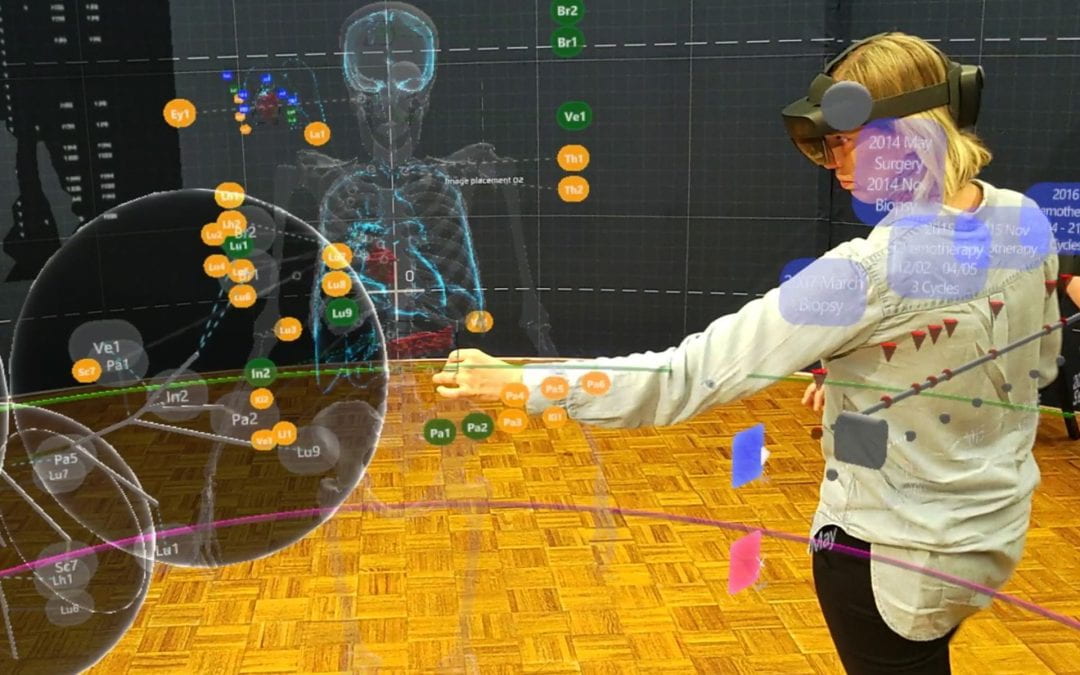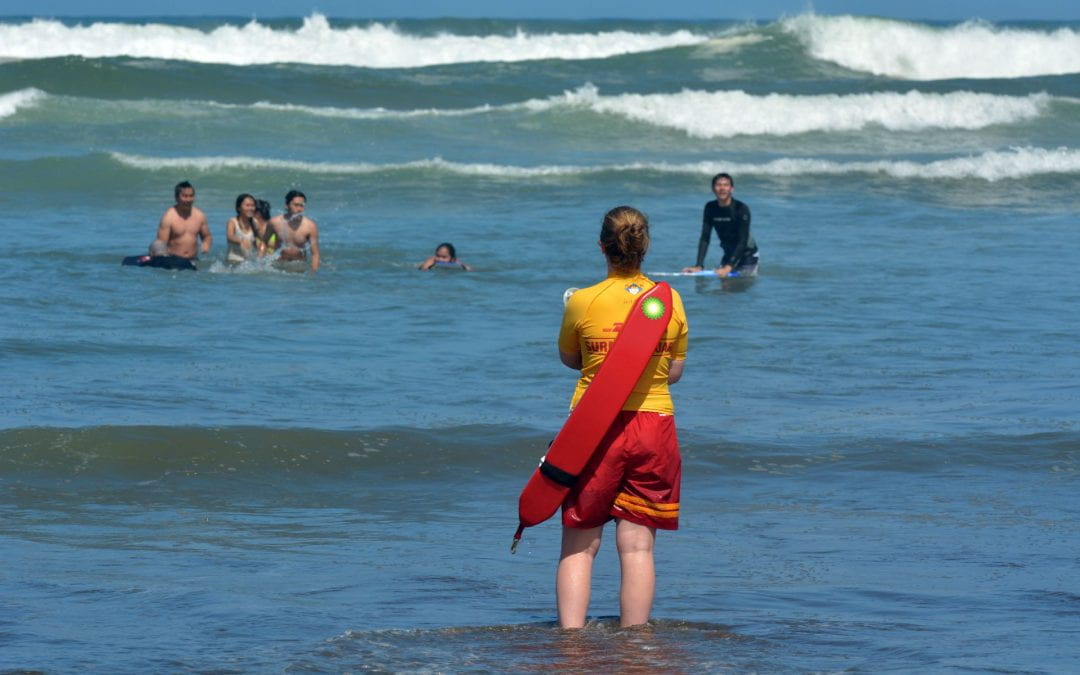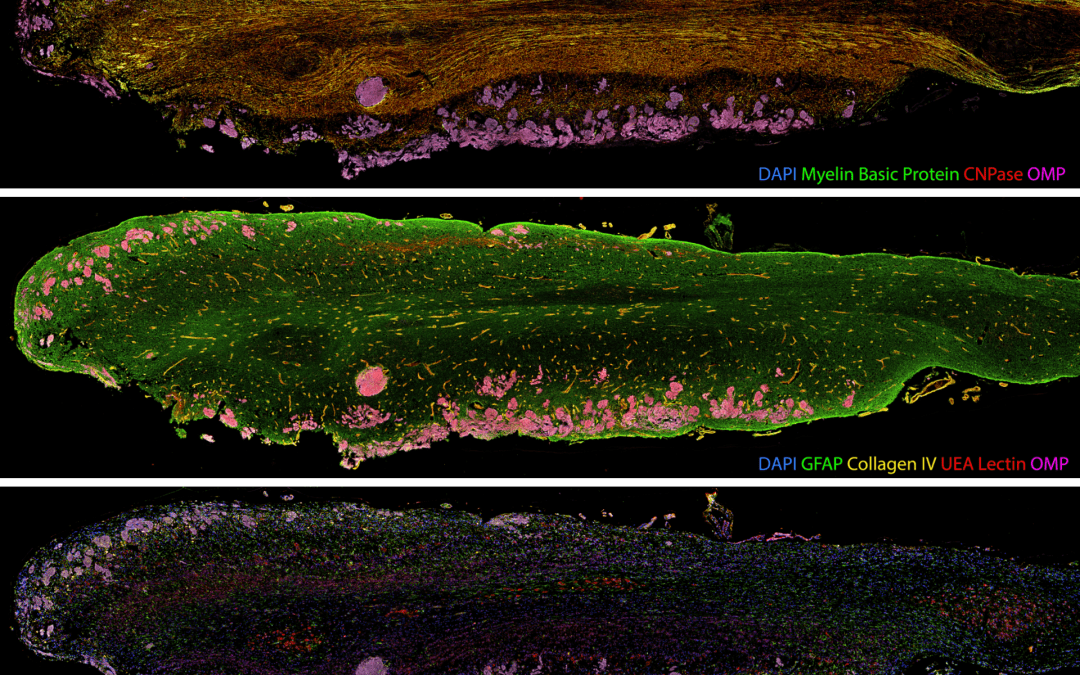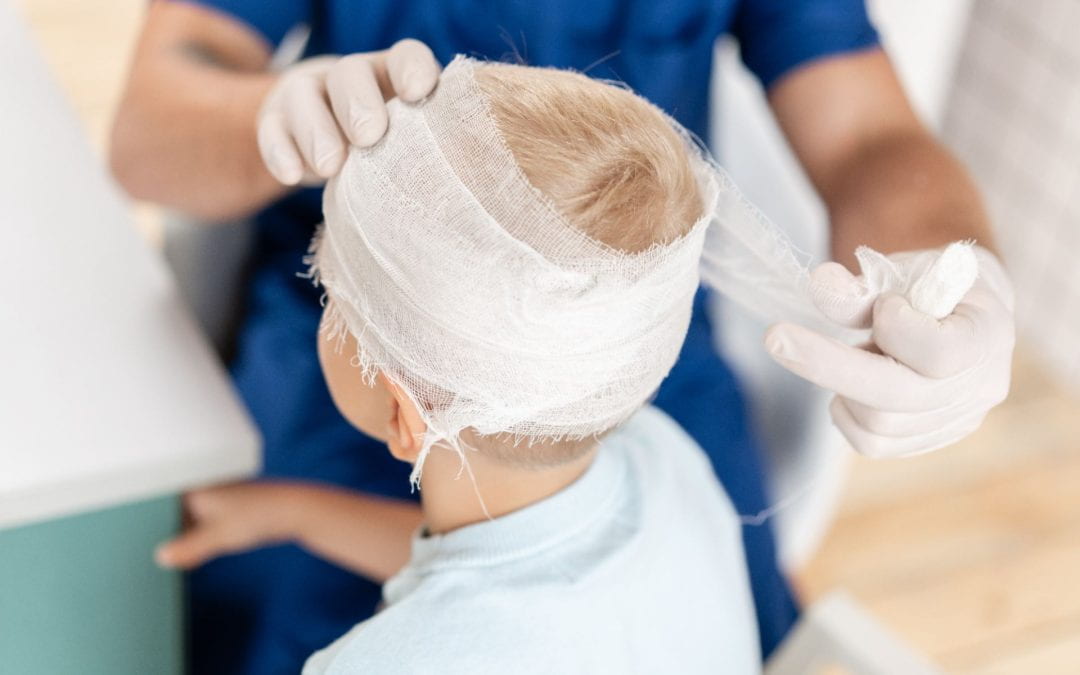


Southern Right Whale Tohora project
Southern Right Whale Tohora project Assoc Prof Emma Carroll and Prof Rochelle Constantine, School of Biological Sciences Home • Archive for "2024" Image created to Carlos Olavarria, Southern Great Whales, Auckland Islands Team 2009 Background...
The impact of upzoning on housing construction in Auckland
Housing has become prohibitively expensive in many of the world’s major cities, precipitating serious and widespread housing affordability crises

Extended reality is turning cancer research into a team sport
The Mixed-Reality tool for the Tumour Evolution Project is a unique, real-world application of design in cancer research.

Analysis of incidents on New Zealand beaches
The main hazard on beach incidents to humans occurring on open coast beaches is identified with the presence of rip currents, while other hazards related to beach activities tend to play a minor role.

Painting the brain: multiplexed tissue labelling of human brain tissue to facilitate discoveries in neuroanatomy
Multiplex labelling technology that generates spatial maps of large numbers of proteins can facilitate discoveries in neuroanatomy and the study of neurodegenerative diseases.

Decoding the work-from-home phenomenon: insights from location-based service data
The global pandemic has catalysed a shift in the job market, with remote work evolving from being an option to a widespread practice.

The use of digital footprints in the US mortgage market
Research digital skills training 2021 Detecting anomalous matches in professional sports: a novel approach using advanced anomaly detection techniques Dr Dulani Jayasuriya, Business and Economy, Business School; Mohamed Ayaz, PhD candidate, Department of Civil and...
Detecting anomalous matches in professional sports: a novel approach using advanced anomaly detection techniques
Detecting anomalous matches in professional sports: a novel approach using advanced anomaly detection techniques

Benefits of linking routine medical records to the GUiNZ longitudinal birth cohort: Childhood injury predictors
Combining self-reported longitudinal cohort data with routine healthcare data can help mitigate the limitations of each data type. Linking these datasets addresses missing data issues, reduces recall and information biases, and validates both data sources.